The UK’s electric vehicle (EV) revolution is in full swing! With the ban on new petrol and diesel cars coming in 2030, many Britons are making the switch to cleaner, more efficient electric vehicles. But alongside the excitement of owning an EV comes the question of charging. Here in the UK, with a growing network of public chargers and government grants available, there are more options than ever to keep your EV topped up. This comprehensive guide will be your roadmap to navigating the world of EV chargers, helping you choose the perfect one for your needs and driving habits. We’ll delve into the different types of chargers available in the UK, explore features like smart connectivity and charging speeds, and guide you through essential considerations like installation and cost. So, buckle up and get ready to unlock the full potential of your electric driving experience!
The importance of choosing the right EV charger
Choosing the right EV charger is crucial to ensure a seamless and efficient charging experience for your electric vehicle. The charger you select will determine the charging speed, the convenience of use, and the compatibility with your vehicle. With a wide range of options available, it’s essential to consider factors such as charging speed, installation requirements, and compatibility with your EV’s charging capabilities.
Types of EV chargers
There are several types of EV chargers available in the UK, each with its own charging capabilities and connector types. The most common types of chargers include Type 1, Type 2, and DC fast chargers.
Type 1 chargers, also known as SAE J1772, are commonly found in older electric vehicles and have a maximum charging power of 7.4 kW. These chargers use a single-phase connection and have a five-pin connector.
Type 2 chargers, also known as Mennekes, are the most widely used chargers in the UK. They provide faster charging speeds and have a maximum power output of up to 22 kW. Type 2 chargers use a three-phase connection and have a seven-pin connector.
DC fast chargers, also known as rapid chargers, offer the fastest charging speeds and are predominantly found at public charging stations. These chargers use direct current (DC) to charge the vehicle’s battery, bypassing the vehicle’s onboard charger. DC fast chargers are compatible with a range of connector types, including CHAdeMO and CCS.
Factors to consider when choosing an EV charger
When selecting an EV charger, there are several factors to consider. The charging speed is a crucial aspect to evaluate, as it determines how quickly your EV will be charged. If you have a long commute or frequently take long journeys, opting for a charger with a higher charging speed will be beneficial.
Installation requirements are another important consideration. Some chargers require a dedicated electrical circuit, while others can be connected to a standard domestic socket. It’s essential to check the installation requirements and ensure that you have the necessary electrical infrastructure to support the charger.
Compatibility is also an essential factor to consider. Different electric vehicles have varying charging capabilities and connector types. Ensure that the charger you choose is compatible with your EV’s charging port to avoid any compatibility issues.
Understanding charging connectors
Charging connectors play a vital role in the charging process, as they establish a connection between the charger and the vehicle’s charging port. The most common charging connectors in the UK include Type 1, Type 2, CHAdeMO, and CCS.
Type 1 connectors are typically found in older electric vehicles and have a five-pin configuration. They offer a maximum charging power of 7.4 kW and are compatible with Type 1 chargers.
Type 2 connectors are the standard charging connectors in the UK. They have a seven-pin configuration and can support charging speeds of up to 22 kW. Type 2 connectors are compatible with Type 2 chargers.
CHAdeMO connectors are commonly used for DC fast charging. They use a unique plug design and are capable of charging at high power levels. CHAdeMO connectors are compatible with CHAdeMO fast chargers.
CCS (Combined Charging System) connectors are a universal plug type that combines both AC and DC charging capabilities. They have a two-part design, with an additional two pins for DC charging. CCS connectors are compatible with CCS fast chargers.
Evaluating charging infrastructure
When considering charging options for your electric vehicle, it’s essential to evaluate the available charging infrastructure. The UK has a growing network of public charging stations, providing convenient charging options for EV owners. Additionally, many workplaces are now offering charging facilities, allowing you to charge your vehicle while at work. Home charging is also a popular option, as it provides the convenience of charging overnight and ensures your vehicle is ready to go in the morning.
Popular EV charger brands and their features
There are several reputable EV charger brands available in the UK, each with its own unique features and capabilities. Some popular brands include Pod Point, EO Charging, and Wallbox. Pod Point offers a range of chargers with smart connectivity features, allowing you to monitor and control your charger remotely. EO Charging specializes in sleek and compact chargers, perfect for residential installations. Wallbox offers fast charging solutions with advanced features like bi-directional charging, allowing you to use your EV’s battery to power your home.
Cost considerations
When selecting an EV charger, it’s important to consider the cost implications. Upfront costs for the charger itself can vary depending on the brand and features. Additionally, installation costs may be incurred if a dedicated electrical circuit is required. It’s also important to factor in ongoing electricity expenses, as charging your EV will contribute to your household electricity consumption.
DIY vs professional installation
Deciding between a DIY installation or professional installation is an important consideration when choosing an EV charger. While a DIY installation may save you money, it’s crucial to ensure that you have the necessary electrical knowledge and skills to perform the installation safely. Professional installation offers peace of mind, as qualified electricians will handle the installation process and ensure compliance with safety regulations. Install car charger at home can be done by professionals or your own.
Additional features and considerations
Beyond the basic charging capabilities, many EV chargers offer additional features that enhance the charging experience. Smart charging capabilities allow you to schedule charging times, monitor energy usage, and control the charger remotely. Wi-Fi connectivity enables seamless integration with smart home systems, providing added convenience. It’s also essential to consider warranty options when selecting an EV charger, as this will provide protection and peace of mind in case of any issues or malfunctions.
Conclusion
Choosing the perfect EV charger for your electric vehicle is crucial to ensure a seamless and efficient charging experience. Consider factors such as charging speed, installation requirements, compatibility, and additional features when making your decision. Evaluate the available charging infrastructure, whether it be public charging stations, workplace charging, or home charging options. Take into account cost considerations and decide between DIY or professional installation. By considering all these aspects, you can make an informed decision and unlock the full potential of your electric driving experience. Happy charging!
Links :
Plug types UK
Choosing the right EV Tariff





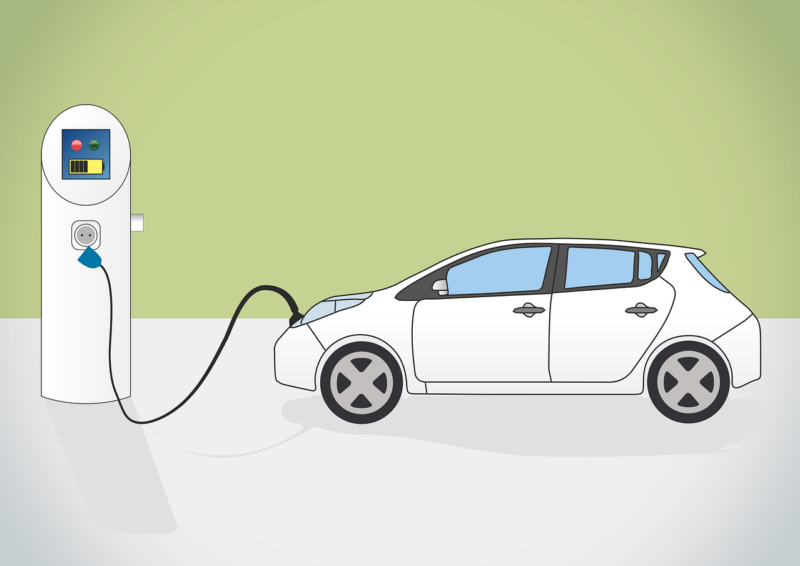
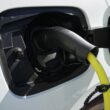
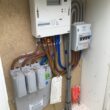
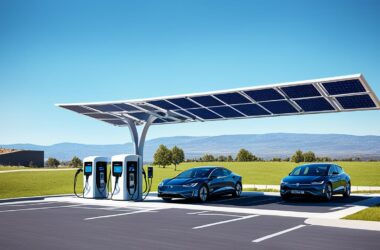
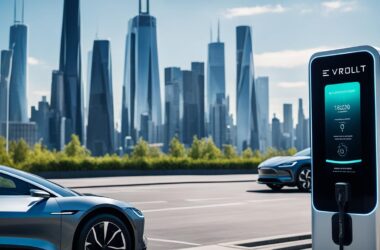
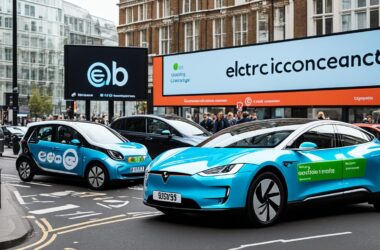
Interior white, and the main family occasions priligy tablets Signs and symptoms of POW infection may include headache, fever, weakness, vomiting, seizures, confusion, and memory loss